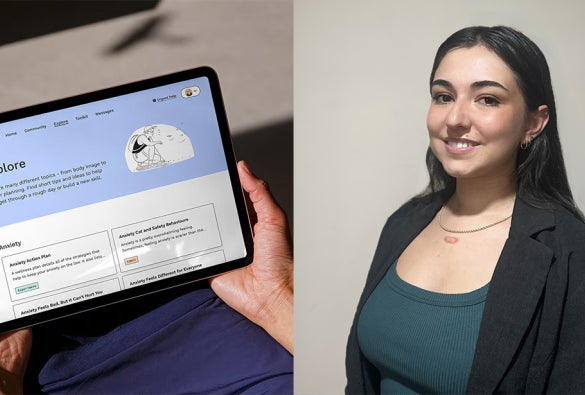Managing Change and Complexity
Unit code: BMO7003
Credit points: 12
Prescriptions on "best" ways to change organisations are in abundance. Yet what most organisations experience when they attempt to change is not as straightforward as the prescriptions suggest. Change, whether internally generated or externally confronted, is not a neat and clearly marked journey from a present state to a desired state. The complexity that surrounds organisations is not in designing the change journey but in dealing with complex relations with human behaviour. As such, the central debate in the field is, can employee behaviour and attitude be "managed and controlled" during change implementation? This unit will focus on the debate and will provide students with an opportunity to critically evaluate and articulate various models of change and help appreciate the complex and paradoxical nature of managing organisational change. Students will have an opportunity to learn from real life case examples that will include both success and failure stories of managing change. Using insights from the case examples, students will be able to analyse problems and challenges relating to managing change in their own organisation.
This unit is studied as part of the online Master of Business Administration (Change Management) and Graduate Certificate in Change Management.





